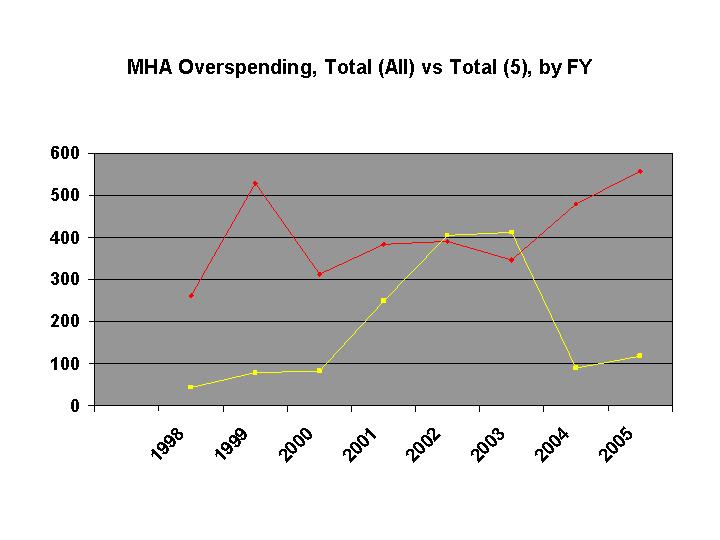You just have to want to believe.
 There are no little green men in flying saucers or for that matter a French ballistic missile that miraculous appear over the south coast of Newfoundland two days before it is actually launched.
There are no little green men in flying saucers or for that matter a French ballistic missile that miraculous appear over the south coast of Newfoundland two days before it is actually launched.
It isn’t even a toy rocket.
The thing seen over Harbour Mille and other parts of Newfoundland on Monday evening around dusk was nothing more exotic than a jet aircraft flying on a well-established route.
And actually, as reported by Canwest News Service’s Ken Meaney, there were three objects seen within minutes of each other on a similar path.

In the photo at left, you can clearly see the contrails from a United States Air Force C-141 Starlifter.

In the photo at right, the contrails – made by condensation that result from particles coming from the engine – appear orange even though they are actually white.
Some corroborating evidence comes from this e-mail from an observer south of Harbour Mille describing his own experience last Monday:
Monday afternoon, … I watched several flights follow the usual course. One was identical to that shown in the picture taken from Harbour Mille, and replicated on the CBC website.
While most jets flying overhead leave a mostly white vapor trail, this one appeared to be darker in colour. I put the binoculars on it, and satisfied myself that it was in fact an aircraft. Keeping in mind the time of day (around 5 p.m.), and the fact that it gets dark just around then, the setting sun was low in the Western sky.
At the same time, the aircraft was moving from Southwest to Northeast. The sun was casting a shadow from the vapor trail onto the aircraft, making it, and the first part of the vapor trail, appear darker in colour, because it was in shade.
After the "dark" plane passed over us, there were a couple more flights, within a few minutes of each other, as is the routine here every day around five o'clock local time. I did not see anything strange or startling about them, either.
Whatever it was, there really isn’t much chance it was a missile. There were no launches from Cape Canaveral. Some have speculated it might be a French missile test, specifically the fourth test flight of the new M51 mer-sol ballistique strategique (MSBS) or submarine-launched ballistic missile.
The only problem with this idea is that the test flight took place two days after the sighting over Newfoundland. Incidentally, in an earlier post on this same issue, your humble e-scribbler lost a day in the translation. The M51 test took place about 36 hours after the sighting.
Along the same lines, someone made this observation on another thread:
If you did a little research yourself, you would learn that the French fired no fewer than four M151 rockets before attempting to fire one from a nuclear submarine.
Obviously the one fired on Wednesday could not have been the one seen over the Burn Peninsula, but what about the other tests? Did they fire anything on land on Monday? That is the question that needs to be addressed.
That question is – in fact – already addressed quite handily by a little but of googlizing. There have been a total of four test flights of the M51. The first took place in 2006. The second in 2007 and the third in 2008. The launch last Wednesday was the first from a submerged submarine. The third one in the series – as the video shows – was a land-based launch from under water. It came from a tank.
For those curious about these things, the missiles are pushed above the water by compressed air. The solid fuel rocket motor does not ignite until the missile is clear of the water.
The fourth M51 test finished up in the Atlantic Ocean well away from shore. By some accounts it was 2,000 kilometres off the coast of South Carolina.
To get back to the contrail explanation, this wouldn’t be the first time aircraft vapour trails left an unusual image behind.

While there is some disagreement over the cause of the cloud, one explanation is an unusual aircraft contrail.
If you look, you can see that this photograph was taken in the evening, around sunset.
Your humble e-scribbler did a spot in NTV First Edition this evening giving basically this same interpretation. Undoubtedly, there will be other ideas than the ones here. But after you discount all the ideas that have no supporting evidence – missiles, space debris, meteorites – then what you are left with is the answer.
The truth is out there.
It isn’t always nasty plots and little green mean.
But you have to want to believe the truth.
-srbp-






 Brigadier-General Tony Stack
Brigadier-General Tony Stack